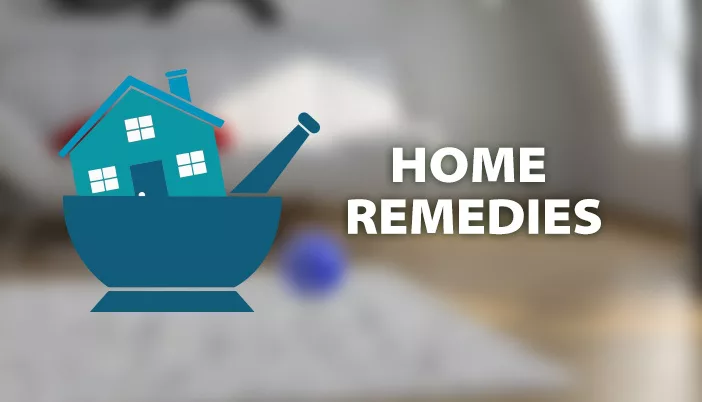What are Haemorrhoids? What are the 6 natural treatments for Haemorrhoids?
June 5, 2018
Haemorrhoids are more popularly known as piles. Although piles are not dangerous or fatal they can still be very painful and disrupt your daily activities. Piles affect the lowest part of your abdomen – the rectum (internal piles) and the anus (external piles). When the blood vessels and veins in the rectum or anus swell up and trigger the formation of lumps, such a condition is known as piles. This inflammation occurs when your rectum and anus suffer from a constant strain, pressure and stretching. That is why sitting for too long, lifting heavy weights regularly, anal intercourse and chronic constipation or diarrhoea can irritate the muscles of your lower body to the extent of inflammation; ultimately leading to painful and itchy piles. Even pregnant women can be at risk of developing haemorrhoids, as when the uterus enlarges it compresses the muscles and veins of the rectum and anus. Swelling and itching of the anus, bleeding, soreness and discomfort/pain during bowel movement - are the common symptoms of haemorrhoids.
Thankfully, there are certain home remedies that can help you get rid of this painful and embarrassing condition or can at least reduce the intensity of the symptoms to a great extent.
Here are 6 natural treatments for haemorrhoids:
- Laxatives
- Castor Oil
- Epsom salt baths
- Aloe Vera
- Ice packs
- Avoid toilet paper
Laxatives
An improper diet can often lead to constipation or hardened faeces. Including natural laxatives in your daily diet can improve your fibre intake. Consuming psyllium husk, Triphala powder, etc. twice a day can help soften your stool and lead to a smoother bowel movement that doesn’t hurt your inflamed rectum or anus.
Castor Oil
It has been known for its antioxidant, anti-inflammatory and antibacterial qualities for centuries. It can be used both externally and internally. As an external treatment, you can dip/ soak a cotton ball in some castor oil and apply it on the haemorrhoids. Doing so daily can bring down the swelling and itchiness within a week. As an internal treatment, castor oil can be used as a laxative. Consuming 3 ml of castor oil along with a glass of milk every night can help ease out constipation.
Epsom salt baths
Epsom salt or magnesium sulphate is known for its soothing properties. If you don’t have a bathtub at home you can always use a sitz tub that allows you to bathe your lower body while sitting on the commode. Just warm some water and mix some Epsom salt and soak your buttocks in it for 20 minutes. Remember to indulge in this relaxing bath after you have visited the corner room. This will help reduce the irritation and pain.
Aloe Vera
Applying aloe vera gel on haemorrhoids can help reduce the soreness and inflammation to a large extent. It’s a safe option to use on a routine basis.
Ice packs
Apply an ice pack to your inflamed piles if the swelling and pain gets too much. Make sure you don’t apply the ice directly on the skin. Always wrap the ice in a cloth or a plastic bag and then apply it for 15 minutes.
Avoid toilet paper
Toilet papers are rough and harsh. Using them will only worsen your symptoms. Use wet wipes instead to clean up but make sure the wipes are free from irritants like alcohol, perfume, etc. On an average, these remedies should help you treat the symptoms of piles within 2 to 3 weeks. As these are natural treatments for haemorrhoids, they are safe and easily available. If you still experience severe pain, bleeding and discomfort despite these home-remedies, consult a doctor immediately. For a successful and a safe treatment, it is always advisable to consult a renowned gastroenterologist or a proctologist. To get in touch with the experts near you, visit Apollo Spectra
Following things can reduce the intensity of the symptoms to a great extent: Laxatives, Castor Oil, Epsom salt baths, Aloe Vera, Ice packs, Avoid toilet paper.
NOTICE BOARD
CONTACT US
CONTACT US
 Book Appointment
Book Appointment


.svg)
.svg)
.svg)
.svg)








